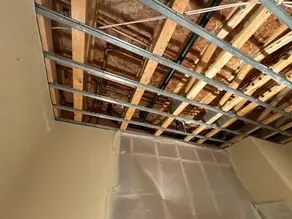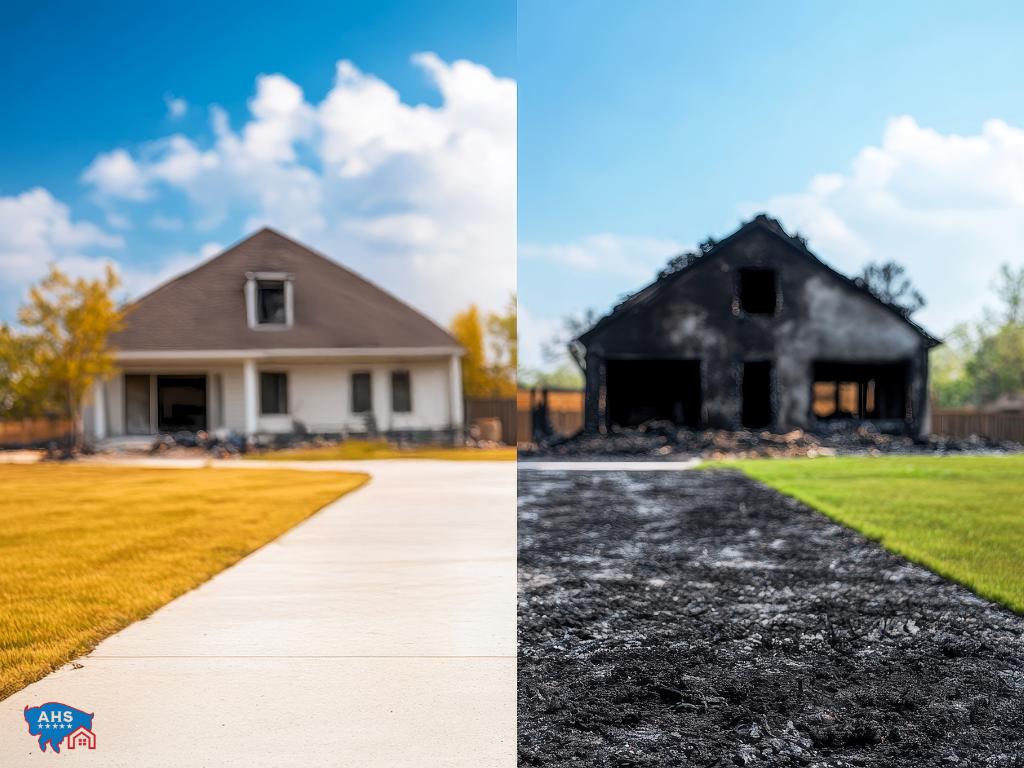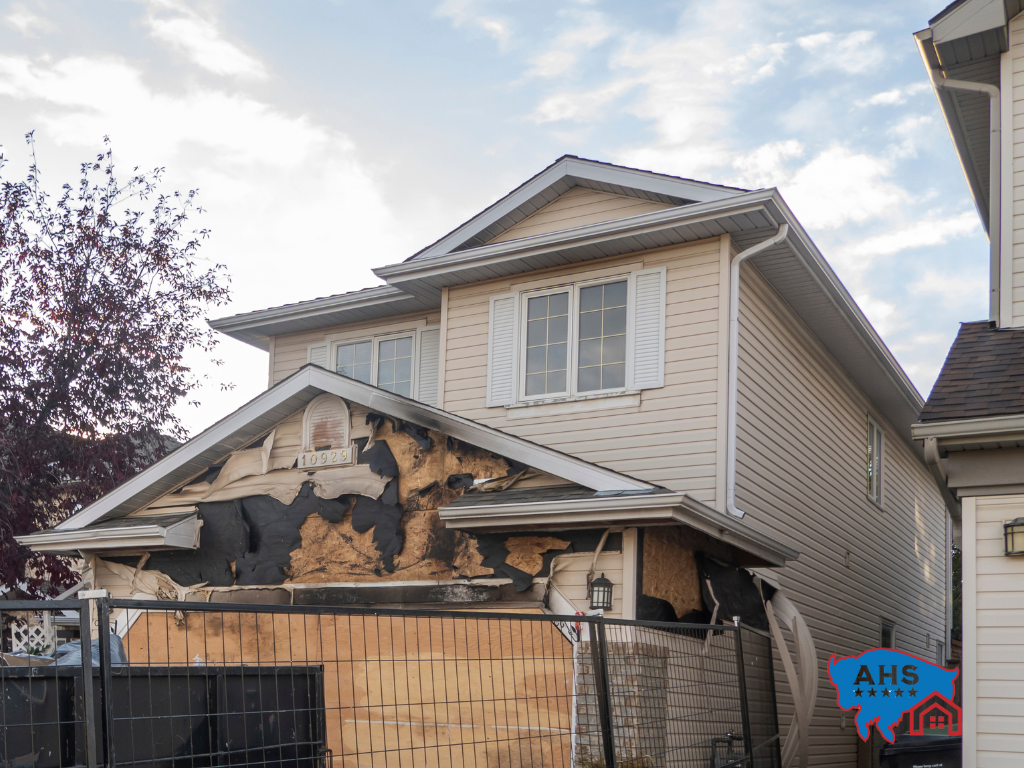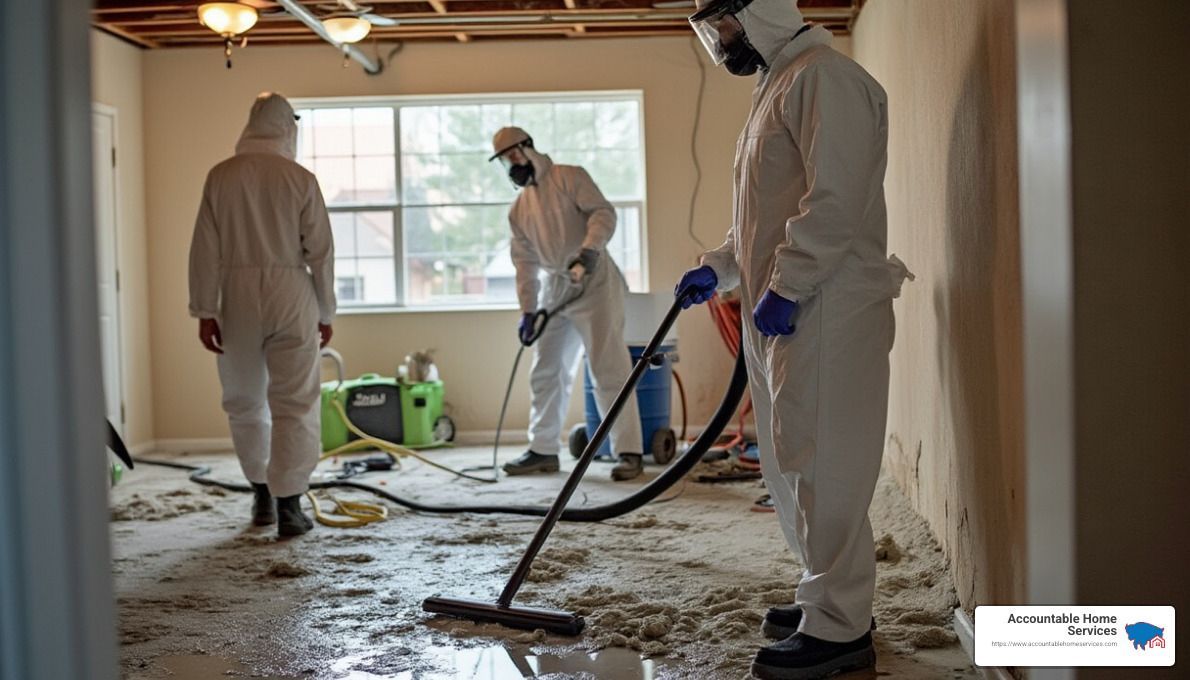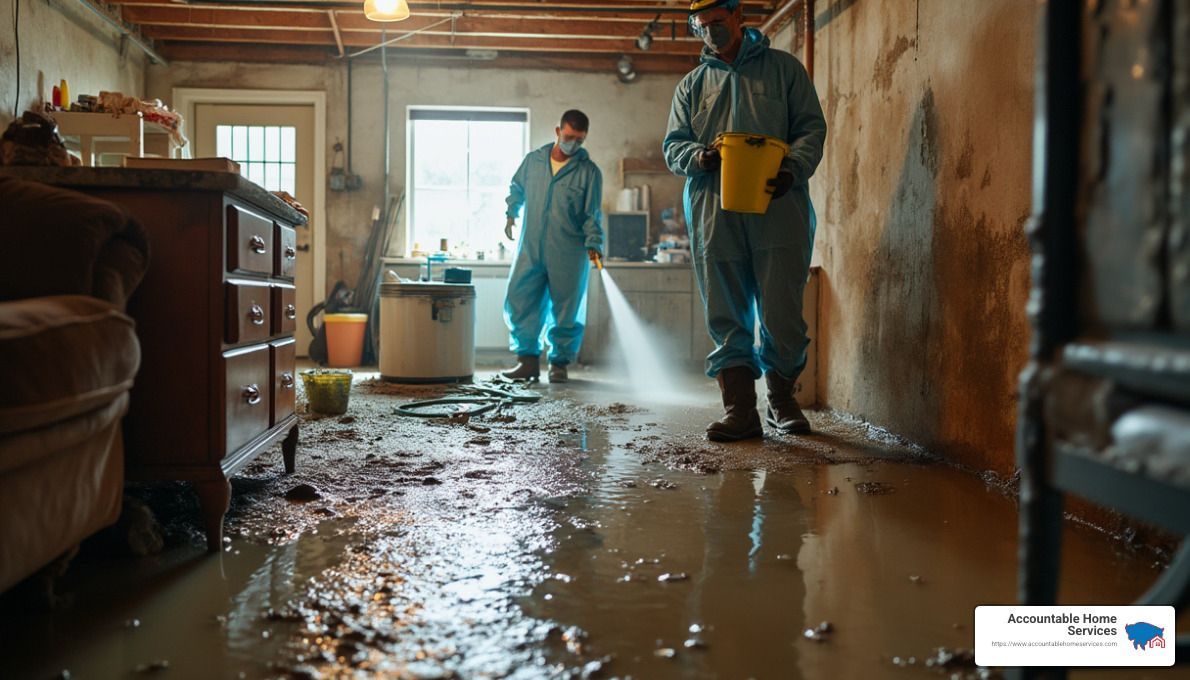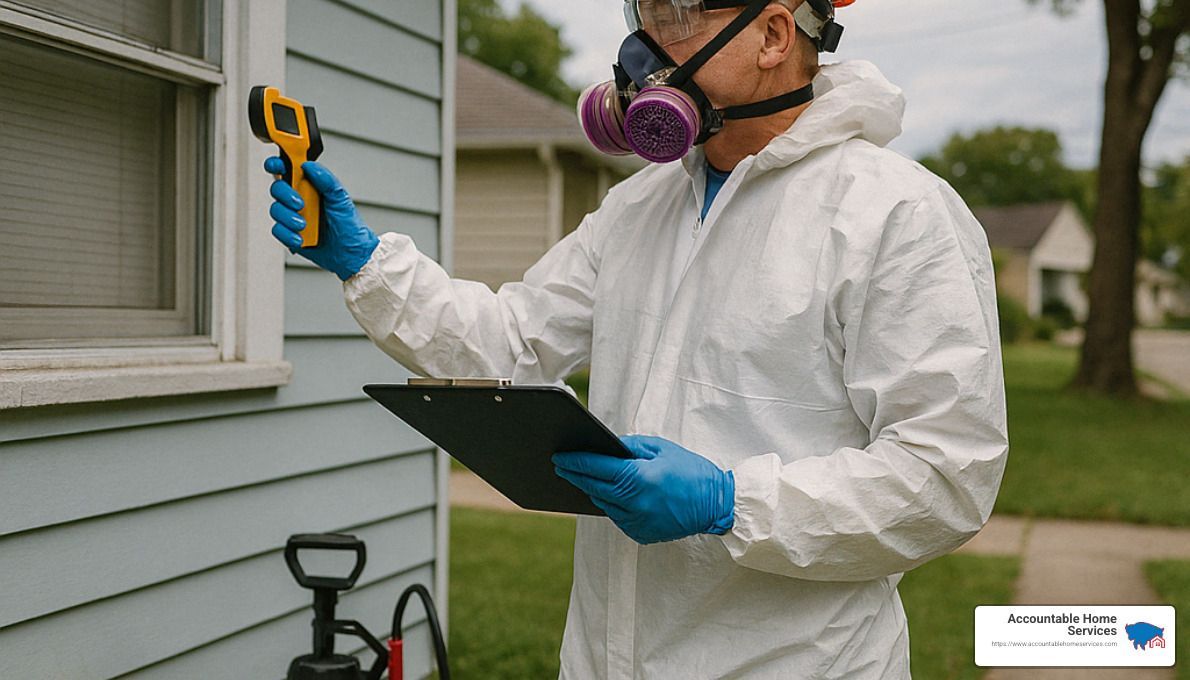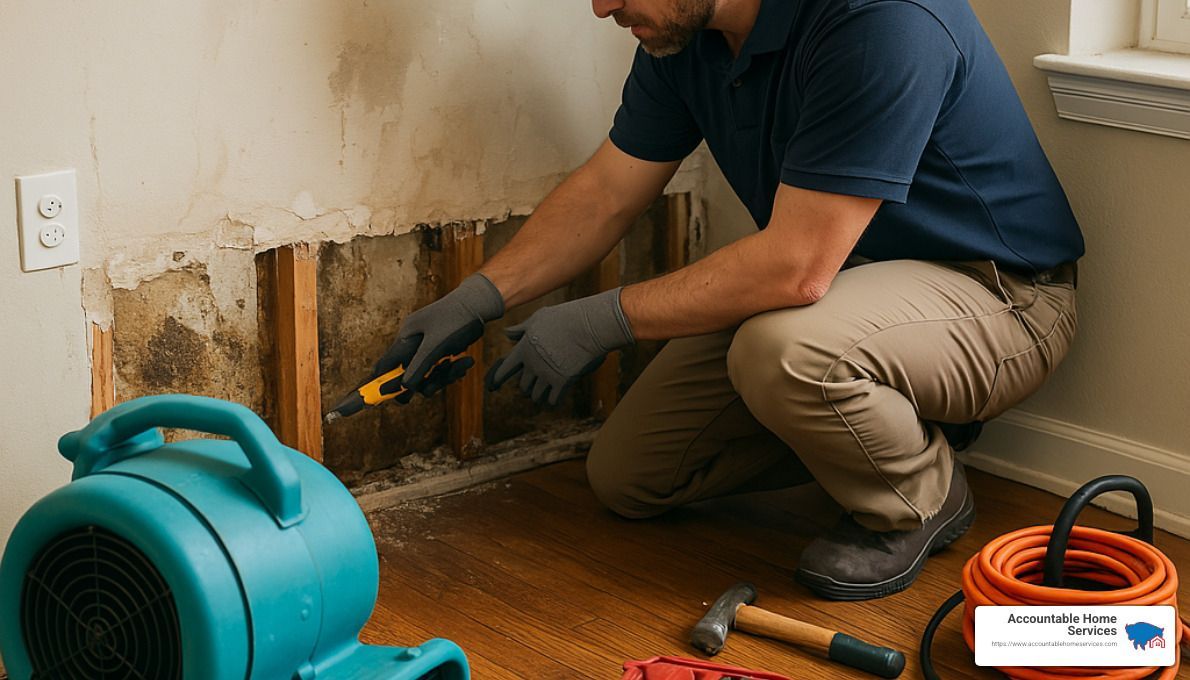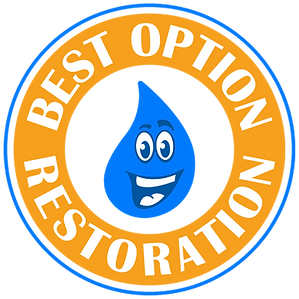Blog
Water Damage Crisis? Expert Tips on How to Deal with It Fast!
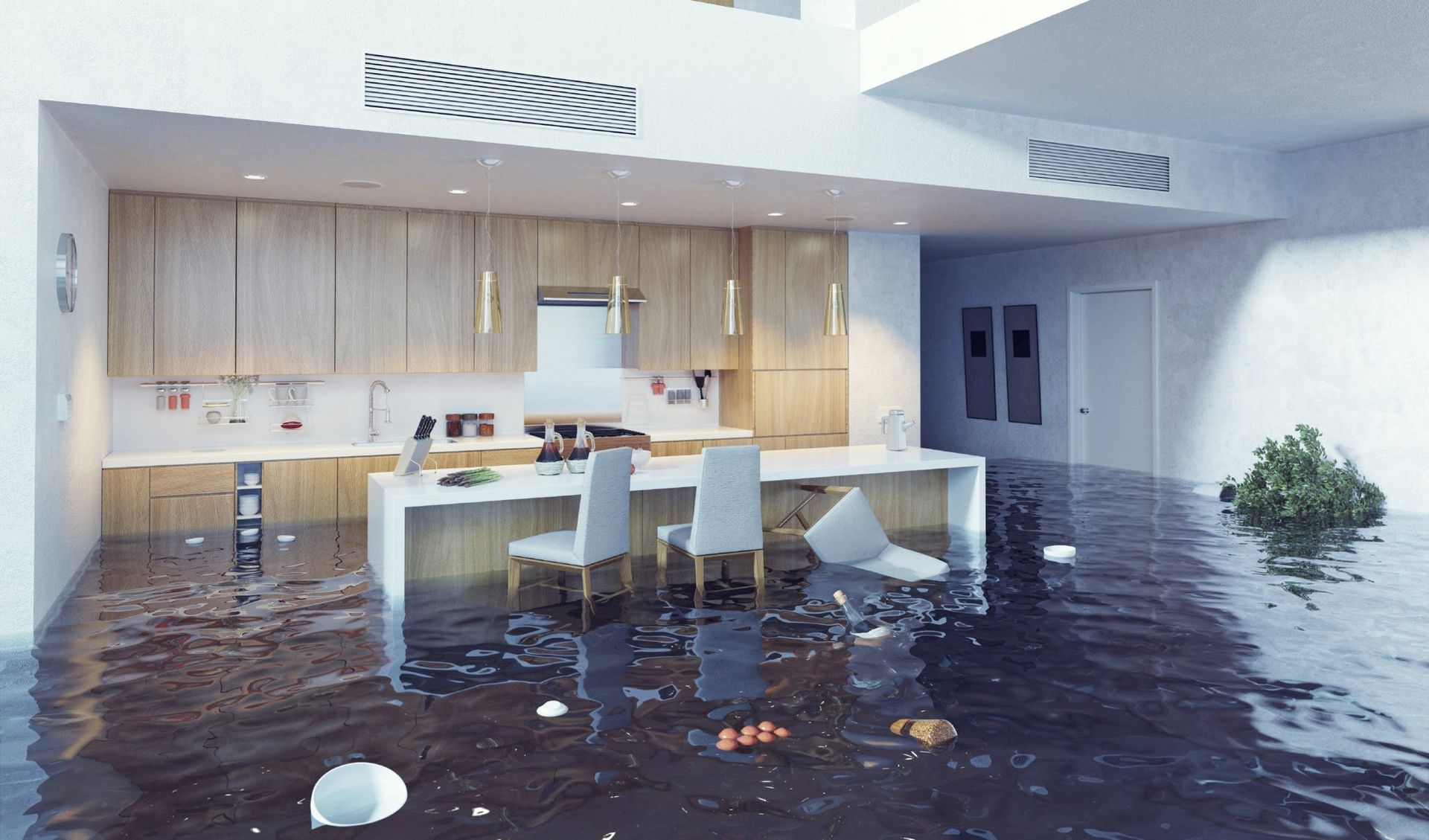
Water damage can strike unexpectedly, whether from a burst pipe, a leaky roof, or a natural disaster. Knowing how to deal with water damage effectively can save you time, money, and stress. Acting quickly is crucial to minimize the damage and protect your home.
If you’re in a city like
Denver, Colorado, where weather conditions can fluctuate dramatically, these expert tips will help you respond to water damage swiftly and efficiently.
Assess the Situation and Ensure Safety
The first step in dealing with water damage is to assess the situation while prioritizing safety. Identify the source of the water and determine whether it’s safe to remain in your home. Water damage from clean water sources, like a broken water pipe, poses less immediate health risk than floodwater, which can contain contaminants.
In Denver, where snowmelt and sudden storms can lead to basement flooding, it’s essential to stay cautious and avoid wading into standing water, especially if electrical appliances are submerged. Always turn off electricity and water supply before beginning any cleanup efforts.
Stop the Source of Water
Stopping the water source is critical to preventing further damage. If the issue is a burst pipe, turn off the main water valve immediately. For roof leaks, place buckets or tarps to contain the water until professional help arrives.
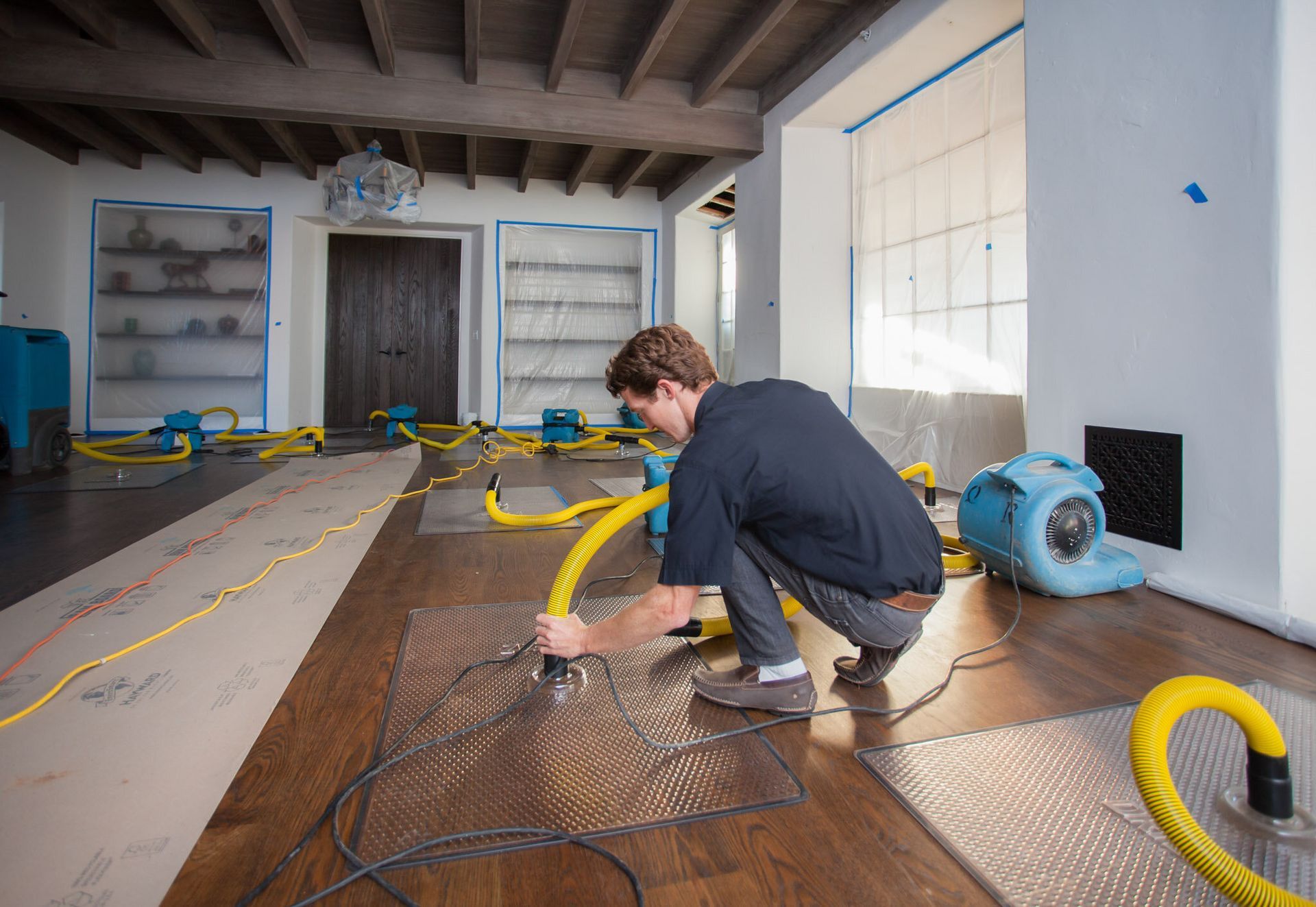
Remove Standing Water Quickly
Standing water can cause significant damage to floors, walls, and furniture. Removing it as soon as possible is crucial to limit structural damage and prevent mold growth. Use buckets, mops, or a wet/dry vacuum to extract water. If the flooding is severe, professional water removal services may be necessary.
Denver residents often face additional challenges due to the city's high altitude, which can affect the evaporation process. Using dehumidifiers and fans can speed up the drying process, especially in areas with low humidity.
Dry Out Affected Areas
After removing standing water, focus on drying out the affected areas. Open windows and doors to improve ventilation and use fans or industrial drying equipment to reduce moisture levels. Be sure to check hidden spaces like under carpets or inside wall cavities, where water can linger and lead to mold.
Salvage and Clean Belongings
Not all items are a total loss after water damage. Act quickly to salvage furniture, documents, and personal belongings. Dry these items thoroughly and disinfect them to prevent bacterial growth.
In Denver, where seasonal weather can shift from cold to warm quickly, it’s especially important to clean and dry items promptly to prevent long-term damage caused by fluctuating temperatures and humidity levels.
Prevent Mold Growth
Mold can develop within 24-48 hours of water damage, so early prevention is key. Scrub affected surfaces with water and detergent, and consider using a mold inhibitor.
For extensive mold infestations, seek professional remediation services to ensure thorough removal.
Document the Damage for Insurance
Before beginning major repairs, document the damage for insurance purposes. Take clear photos and videos of all affected areas and keep a detailed inventory of damaged items. Notify your insurance provider as soon as possible to start the claims process.
In cities like Denver, where weather-related water damage is common, insurance companies may have specific procedures for processing claims related to snowmelt or flash floods. Having comprehensive documentation will streamline the process and ensure proper compensation.
Work with Professionals
Dealing with water damage can be overwhelming, but professional restoration services can help.
Experts have the tools and experience needed to address the damage thoroughly and restore your home to its pre-loss condition.
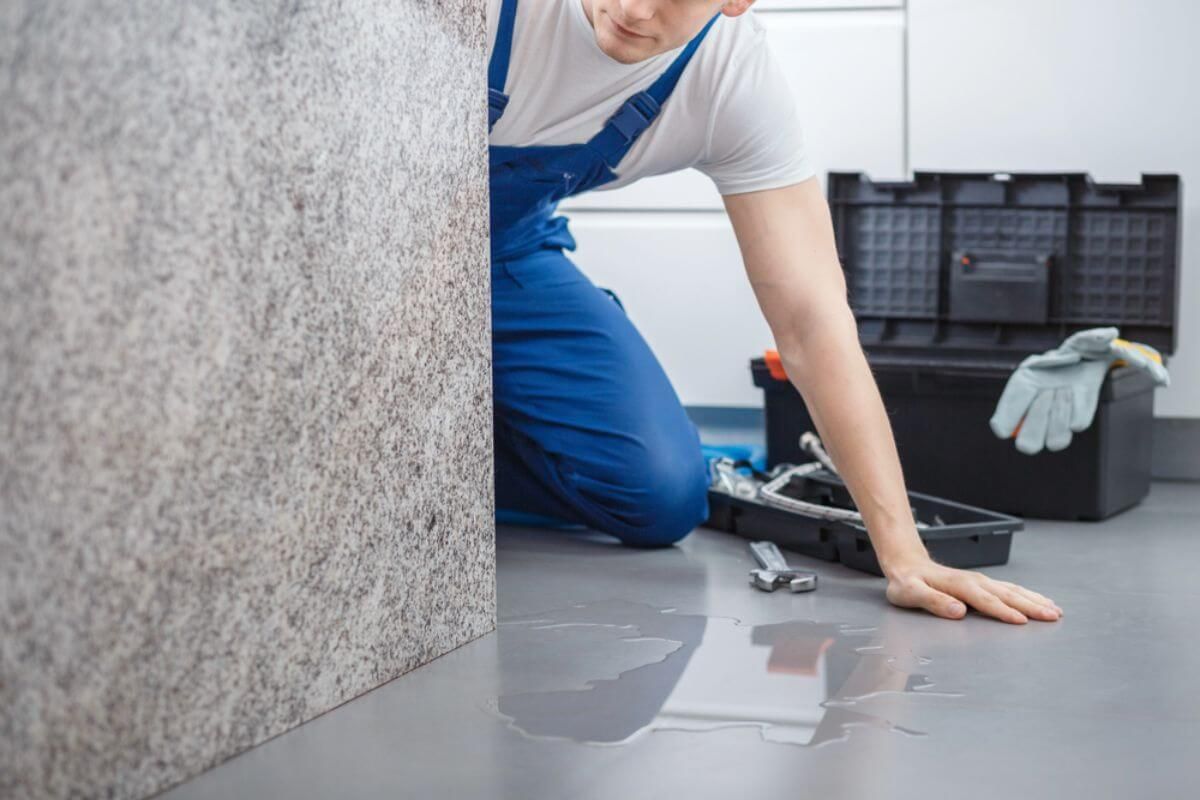
Prevent Future Water Damage
Once the immediate crisis is handled, take steps to prevent future water damage. Inspect your home for vulnerabilities, such as cracks in the foundation, aging pipes, or roof leaks. Clean gutters regularly to prevent blockages and ensure proper drainage.
Denver’s unique climate, with heavy snowfall in winter and sudden rainstorms in spring, highlights the importance of preventative maintenance. Installing a sump pump or water sensors can add an extra layer of protection for your home.
Regular Inspections Are Key
Scheduling regular home inspections can help you identify potential water damage risks before they become major issues. Addressing these vulnerabilities proactively will save you time and money in the long run.
How Can Accountable Home Services Help You?
At
Accountable Home Services, we understand the urgency of dealing with water damage and provide expert restoration services to help you recover quickly. Whether you’re facing a small leak or extensive flooding, our skilled team in Denver is equipped to handle the situation with professionalism and care. We’ll guide you through every step, from water removal to full restoration, ensuring your home is safe and secure.
Visit us at 1347 E 73rd Ave, Denver, CO 80229, or call 720-620-3272 to schedule an appointment. Let Accountable Home Services help you protect your home from water damage and give you peace of mind with our reliable, high-quality services.

